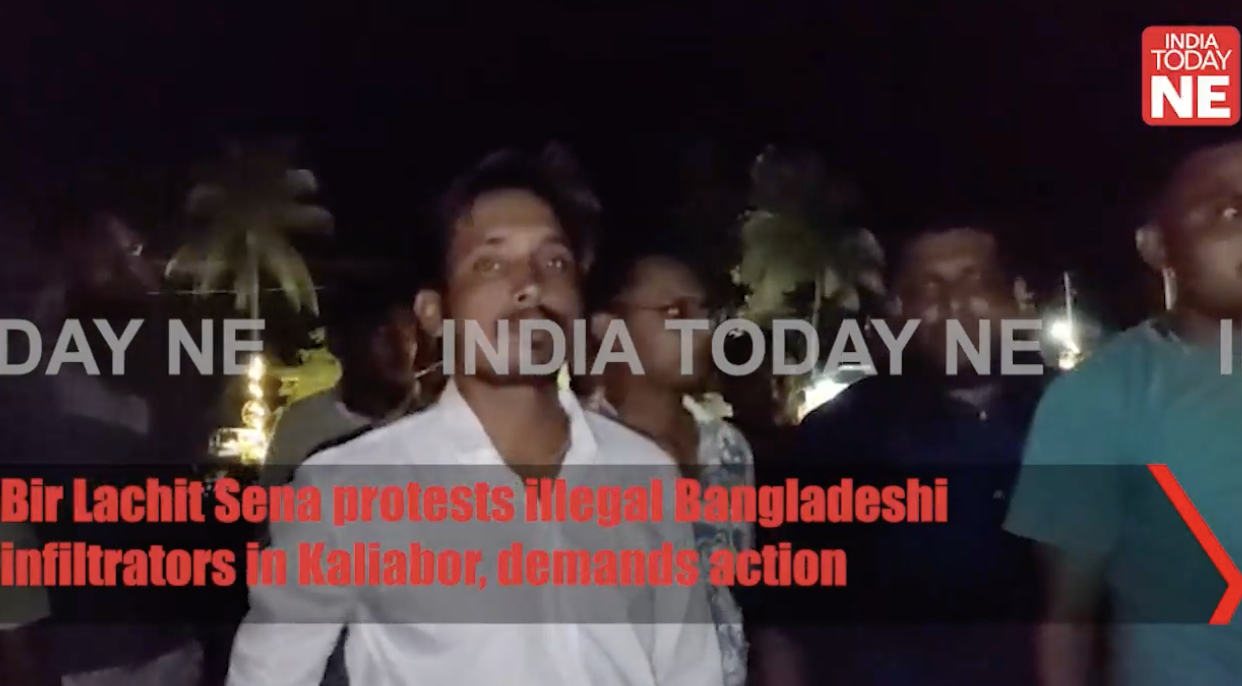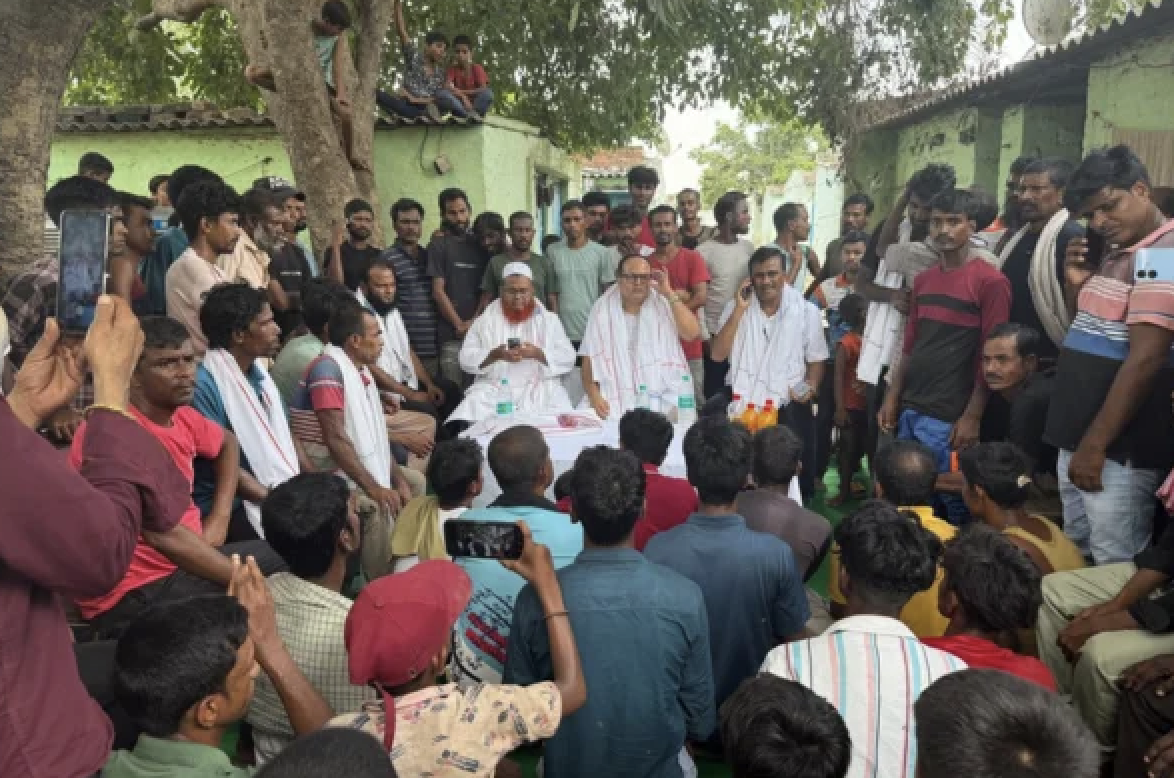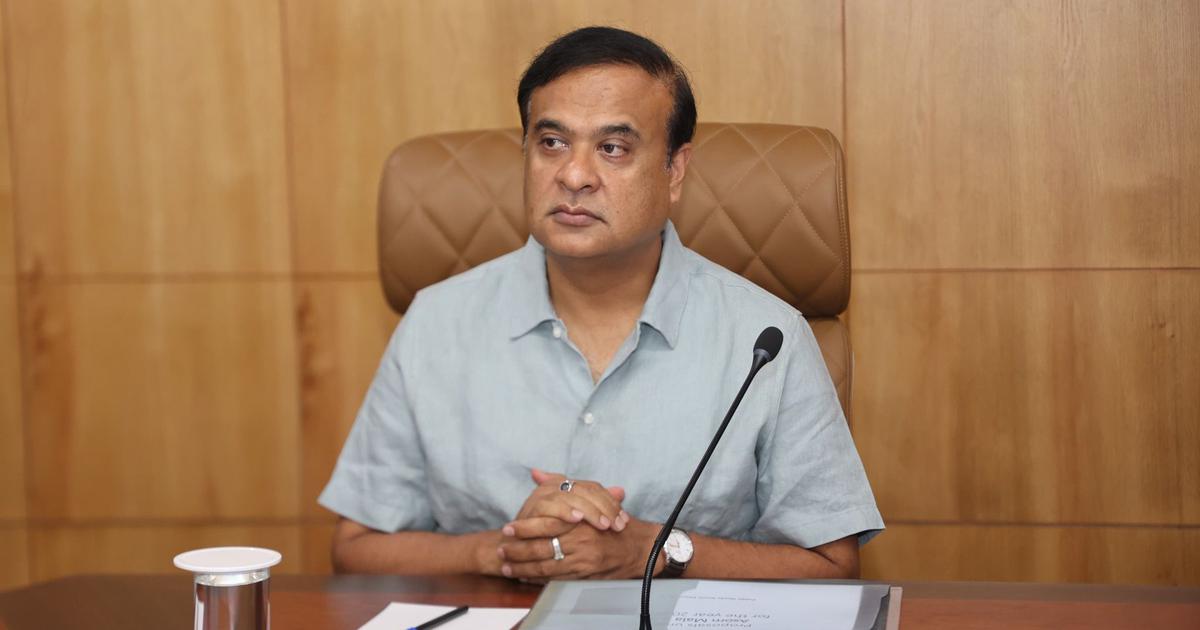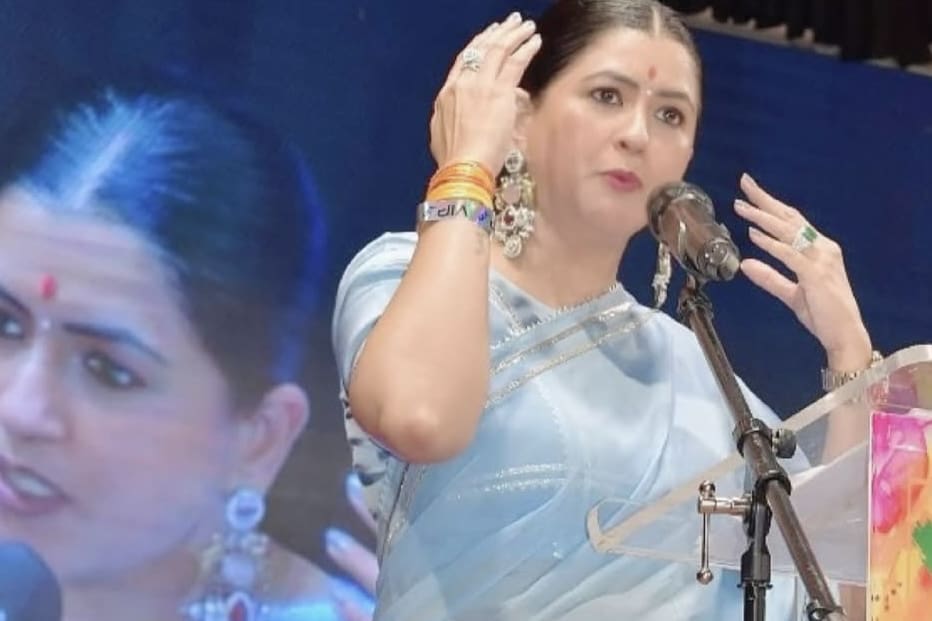
New Delhi: Four international organisations along with famed scholars Noam Chomsky and Mahatma Gandhi’s grandson, Rajmohan Gandhi, have condemned in no uncertain terms the prolonged incarceration of scholar and activist Umar Khalid.
Hindus for Human Rights, Indian American Muslim Council, Dalit Solidarity Forum, and India Civil Watch International have called for the immediate release of Khalid who was arrested on September 14, 2020, over what Delhi Police has claimed are his connections to the northeast Delhi communal violence of that year. Police has attempted to connect his role in leading protests in late 2019 and early 2020 against the discriminatory Citizenship Amendment Act to the violence.
Khalid was denied bail by a Delhi court on March 23, after his bail order had been deferred thrice. He has appealed to the Delhi high court against the decision, with court arguments put forth by his legal team often seeking to highlight how tenuous the prosecution’s case against Khalid is.
Khalid’s case, Chomsky said in his recorded statement, “is one of many that shed a grim light on India’s system of justice during a period of repression, and often violence, that has been visibly undermining free institutions and the free practice of the rights of citizenship, part of the large-scale governmental effort to dismantle India’s honourable tradition of secular democracy and to impose a Hindu ethnocracy.”
Chomsky also noted that “the only credible evidence that has been presented is that he was exercising his constitutional right to speak and to protest, a fundamental prerogative of citizenship in a free society.”
Chomsky observed that the very nature of India’s democracy which had been praised for its recovery from brutal British rule has recently regressed in a way that was “deeply saddening.”
“We can all only hope that the courageous defense of freedom of justice on the part of many young activists will succeed in reversing this tragic course, and pave the way for India’s return to leadership in the search for a better world, one that honours peace and justice, drawing from India’s rich and impressive tradition,” Chomsky said.
Gandhi, who is a Research Professor at the University of Illinois at Urbana-Champaign also issued a video statement similar to Chomsky’s, highlighting Khalid’s scholarly contributions as a doctoral student at JNU, stating that “in [Khalid], India possesses one of its finest minds, reinforced by a sensitive conscience…this brilliant young son of India has now been silenced for 20 continuous months.”
Gandhi observed that Khalid’s “continuing silencing is a blotch on India’s image in the world, and a hurdle to India’s progress.”
Gandhi also sought to place the wrongful detention of rights workers in the map of a struggle seen globally.
“All of us know that there is a global struggle today between supremacy and equality, which is also a struggle between autocracy and democracy, and between coercion and human dignity. India is at the center of this struggle. Every additional day of detention for Umar and for the others wrongfully detained, who number in the thousands, is a fresh blow against democracy in the world, against human dignity, and against India’s good name,” he said.
He added that people in detention or under constraints who do not receive a speedy, fair, and public trial “supply eloquent evidence of the shortcomings in their country’s democracy.”
This article first appeared on thewire.in






